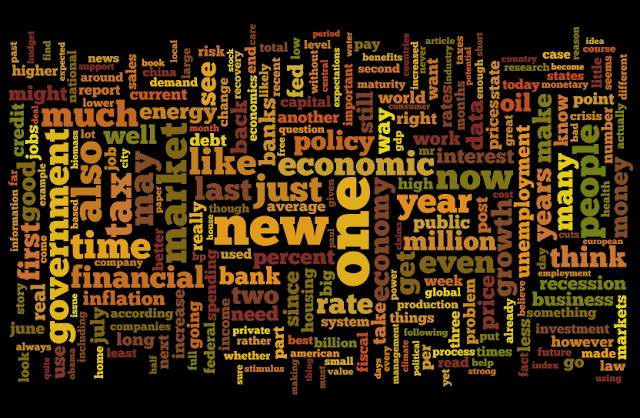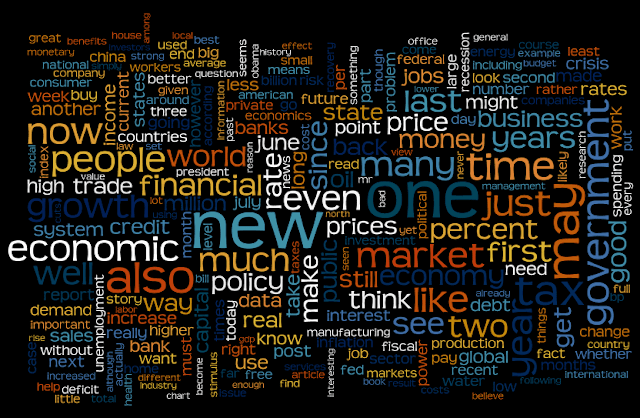Ending the land cycle - or the mortgage cycle
Martin Wolf has an intriguing proposal to " end the land cycle " - by which he means: make sure that any future rise in the value of land goes to society rather than the individual landowner. This argument has three parts. First, he makes a moral case that increases in land value are largely a function of external effects - increasing population density and infrastructure investments - and therefore why should the current occupier of the land capture all the benefits? Second, a practical case that the current system has stymied productive new development - because it's easier and cheaper for landowners to get a return by reducing the competitive supply of new housing (through the planning system) than by investing in new infrastructure which benefits everyone. Third, the current system of land ownership through debt is one big casino: buyers borrow money in order to put a bet on the Ponzi game continuing. When it does not, the losses are shoved onto two groups of peop...



